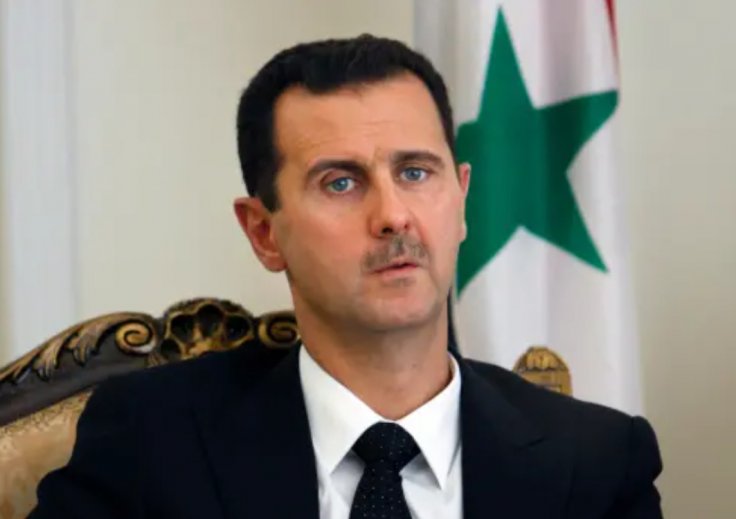Between March 2018 and September 2019, the Syrian government under President Bashar al-Assad sent nearly $250 million in cash to Russia. This revelation comes from financial records cited by the Financial Times.

The large sum included almost two tons of $100 bills and €500 notes. These cash shipments were sent directly from Syria's central bank to Moscow's Vnukovo airport. Once in Russia, the funds were reportedly deposited into banks already facing Western sanctions.
The transfers underline the close financial ties between Syria and Russia, both of which have faced extensive international sanctions. Russia has been a key supporter of the Assad regime, providing military and economic assistance during Syria's long-running civil war.
The cash shipments bypassed traditional banking systems. Using physical currency allowed the Assad regime to avoid restrictions imposed by international sanctions. This method highlights the difficulties Syria faces in accessing the global financial system.
The choice of Vnukovo airport for these deliveries adds another layer of intrigue. This airport is frequently used for official government flights and other sensitive operations. Russian banks receiving these funds have been cut off from Western financial markets due to sanctions targeting Russia's activities in Ukraine and other geopolitical conflicts.
These transactions occurred during a period of heightened economic pressure on Syria. The country's economy has suffered severe damage from years of conflict, international sanctions, and internal corruption. The Syrian currency, the Syrian pound, has lost significant value, further complicating the nation's economic stability.
Russia has remained one of Syria's closest allies throughout the conflict. Moscow's military intervention in 2015 helped Assad regain control of large parts of the country. This financial support appears to be another indication of their deep partnership.
The use of €500 notes in these transfers is notable. This denomination was phased out of circulation in the European Union in 2019 due to concerns it was being used for illegal activities, including money laundering. Its inclusion in these cash shipments raises questions about the origins of the funds and the purpose behind such large-scale cash transfers.
Western governments are likely to scrutinize this revelation closely. The disclosure could lead to further investigations into how sanctioned regimes are finding ways to sustain themselves. It also highlights the role of physical cash in evading global sanctions.
The Financial Times report sheds light on how countries like Syria are adapting to economic isolation. While sanctions aim to weaken regimes like Assad's, these cash transfers suggest they continue finding ways to operate. This development could prompt calls for stricter enforcement of international sanctions and closer monitoring of financial networks.
The Assad regime has yet to comment on these findings. Similarly, Russian authorities have not responded to questions regarding these transactions. However, the revelations will likely fuel concerns about the global impact of financial relationships between sanctioned nations.
This case underscores the challenges of enforcing international sanctions in a world where cash remains a tool for circumventing restrictions.









